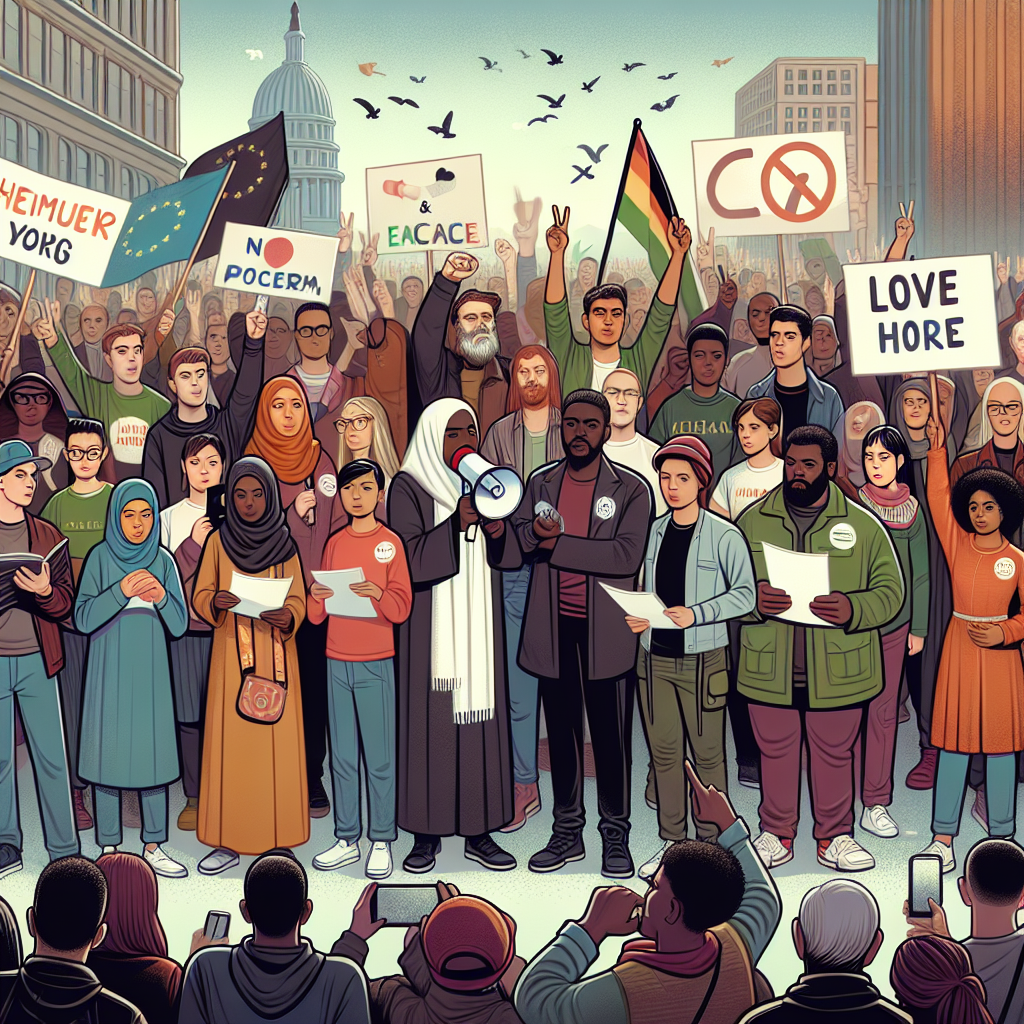Racism Declared a Public Health Crisis: Progress and Challenges
Over 200 cities and counties have declared racism as a public health crisis, particularly since George Floyd's death in 2020. Advocates view these declarations as vital first steps toward addressing racial health disparities. However, the implementation of tangible actions and investments varies, with some community organizers expressing skepticism about the pace of progress.

- Country:
- United States
More than 200 cities and counties have declared racism a public health crisis, predominantly following George Floyd's murder by police in Minneapolis in May 2020. Advocates for racial justice felt this political recognition addressed disparities like disproportionate COVID-19 deaths and maternal mortality rates.
The declarations were seen as symbolic by Ryan McClinton of Public Health Advocates, while Marsha Guthrie of the Government Alliance on Race and Equity called 2020 a 'catalytic moment' for social consciousness. Despite the declarations, community organizers in Milwaukee and Sacramento County note that significant change has yet to materialize, while officials argue that dismantling centuries of structural racism will take time.
Experts agree the declarations are crucial first steps toward racial equity. Research shows racism negatively impacts people of color's health, including chronic stress and higher heart disease rates. Dara Mendez from the University of Pittsburgh emphasized the need to name racism before developing solutions. The health sector in Milwaukee and Sacramento County are making strides but face hurdles in truly operationalizing these declarations into everyday public health work.
(With inputs from agencies.)










